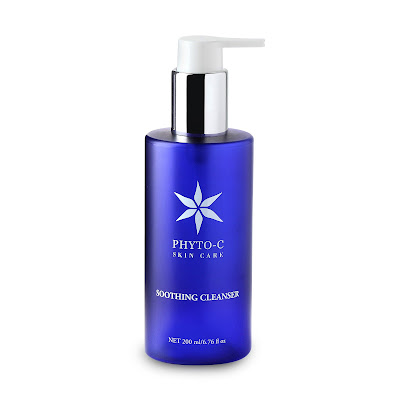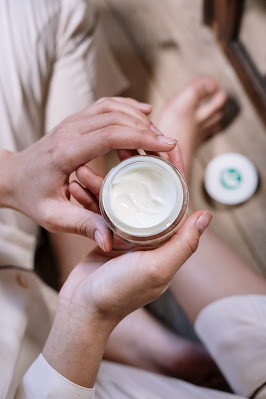The Telltale Signs That Your Cleanser Isn't Working
While this is a generalization for assessing the effectiveness of a cleanser, some other aspects and subtleties are essential to comprehending how to choose a suitable cleanser for your skin. The reasons why your cleanser might not work for you get listed below, along with some warning indications. There are crucial symptoms that indicate various problems that your cleanser may be causing, even if there is no one way to tell if your cleanser is not doing its job on your skin.
●
Dehydration
Your cleanser is probably drying your face if your skin
feels tight after cleansing and there is a subsequent rise in oil production.
Many of us anticipate the feeling of being completely clean that a cleanser may
provide our face when our skin is oily, grimy, and sweaty from a long day. It's
a common misconception that if our skin feels tight and clean after cleansing,
the cleanser accomplishes its task. Unfortunately, your vitamin C cleanser is probably too abrasive if your skin feels
spotless.
Surfactants must be present in the formulation of a
cleanser for it to remove debris from your skin in an efficient manner.
Surfactants cause bubbles and aid in removing oil and grime from the skin
through washing. A product can be very harsh on the skin if it contains large
quantities of powerful surfactants. Through transepidermal water loss, these
harsh cleansers severely dehydrate the skin by removing oil from the skin's
surface and damaging the skin barrier.
●
Irritation
The components in your cleanser may irritate your skin if
it tingles when you use it or if your face is red after washing. Each person's
skin is unique, and each person's body responds differently to skincare
products. It is challenging to predict how a substance will react on a person's
skin, even though some components are intrinsically more irritating than
others. So, if your face feels delicate, itchy, or red after cleansing, there
is certainly something in your cleanser that you shouldn't be using on your
skin.
Some people report that skin dryness and irritation are
side effects of surfactants like sodium lauryl sulfate (SLS). Because of this,
surfactants, including sodium Laureth sulfate and coco-glucoside, are offered
as gentler substitutes.
If your cleanser gets advertised as anti-acne or
oil-controlling, your skin may respond to the active components. Alpha hydroxy
acids (AHA) and salicylic acids (BHA), which help exfoliate dead skin and
unclog pores, are common active ingredients. Although these substances are not
harmful, they could irritate skin that is already sensitive and lead to
dehydration.
●
Too mild
If your skin is oily and dirty after cleansing, the vitamin C cleanser is usually
insufficiently potent. Although it is not particularly common, certain cleaners
are gentle. Your skin isn't as clean as it ought to be. It could lead to skin
issues like dullness, clogged pores, and acne. Both the strong cleanser and the
double cleanse options are available if so.




Comments
Post a Comment